Related Research Articles

James Robert Wills was an American Western swing musician, songwriter, and bandleader. Considered by music authorities as the founder of Western swing, he was known widely as the King of Western Swing. He was also noted for punctuating his music with his trademark "ah-haa" calls.
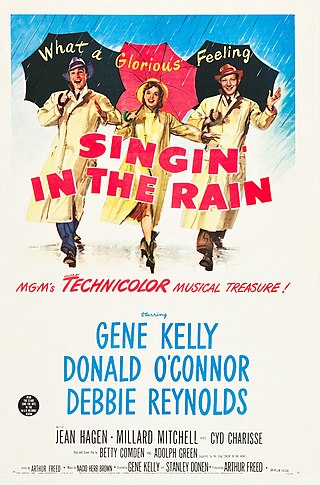
Musical film is a film genre in which songs by the characters are interwoven into the narrative, sometimes accompanied by dancing. The songs usually advance the plot or develop the film's characters, but in some cases, they serve merely as breaks in the storyline, often as elaborate "production numbers".

Hoagland Howard Carmichael was an American musician, composer, songwriter, actor and lawyer. Carmichael was one of the most successful Tin Pan Alley songwriters of the 1930s, and was among the first singer-songwriters in the age of mass media to utilize new communication technologies such as television, microphones, and sound recordings.
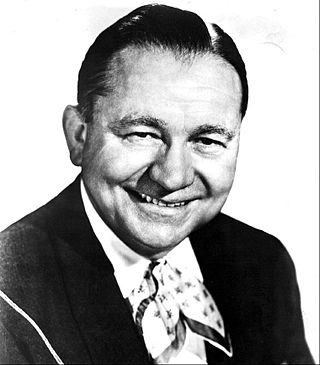
Woodward Maurice "Tex" Ritter was a pioneer of American Country music, a popular singer and actor from the mid-1930s into the 1960s, and the patriarch of the Ritter acting family. He is a member of the Country Music Hall of Fame.

Dale Evans Rogers was an American actress, singer, and songwriter. She was the third wife of singing cowboy film star Roy Rogers.

Spirit was an American rock band founded in 1967 and based in Los Angeles. Their most commercially successful single in the United States was "I Got a Line on You". They were also known for their albums, including their self-titled debut album, The Family That Plays Together, Clear, and Twelve Dreams of Dr. Sardonicus.
Western swing is a subgenre of American country music that originated in the late 1920s in the West and South among the region's Western string bands. It is dance music, often with an up-tempo beat, which attracted huge crowds to dance halls and clubs in Texas, Oklahoma and California during the 1930s and 1940s until a federal war-time nightclub tax in 1944 contributed to the genre's decline.
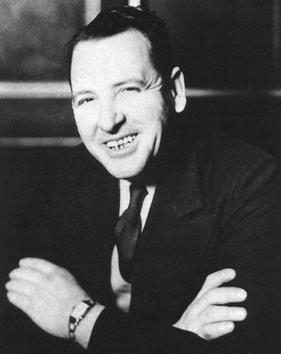
Milton Brown was an American band leader and vocalist who co-founded the genre of Western swing. His band was the first to fuse hillbilly hokum, jazz, and pop together into a unique, distinctly American hybrid, thus giving him the nickname, "Father of Western Swing". The birthplace of Brown's upbeat "hot-jazz hillbilly" string band sound was developed at the Crystal Springs Dance Hall in Fort Worth, Texas, from 1931 to 1936.
While the music of Oklahoma is relatively young, Oklahoma has been a state for just over 100 years, and it has a rich history and many fine and influential musicians.
Western music is a form of music composed by and about the people who settled and worked throughout the Western United States and Western Canada. Western music celebrates the lifestyle of the cowboy on the open range, along the Rocky Mountains, and among the prairies of Western North America. The genre grew from the mix of cultural influences in the American West at the time — in Texas, Arizona, and Oklahoma — and arguably included elements of old English, Irish, and Scottish folk songs, and the ballads of Northern Mexico, later incorporated into the Southwestern United States, particularly corrido, ranchera, New Mexico and Tejano music. The music industry of the mid-20th century grouped two genres together under the banner of country and western music.
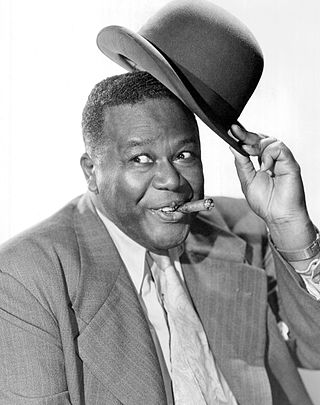
Spencer Williams was an American actor and filmmaker. He portrayed Andy on TV's The Amos 'n' Andy Show and directed films including the 1941 race film The Blood of Jesus. Williams was a pioneering African-American film producer and director.

Clarence "Gatemouth" Brown was an American singer and multi-instrumentalist from Louisiana. He won a Grammy Award for Best Traditional Blues Album in 1983 for his album, Alright Again!.
Red dirt is a genre of country music that gets its name from the color of soil found in Oklahoma. Many red dirt acts got their start in bars surrounding Oklahoma State University in Stillwater, a city considered to be the center of red dirt music. The genre also extends to music made south of the Red River in Texas. Outlaw country legends Waylon Jennings and Willie Nelson have been associated with the distinctive Texas sound, while the late Oklahoma singer-songwriter Bob Childers is widely recognized as the Father of Oklahoma red dirt music. At one time, the distinction between the two genres was sonically obvious, but by 2008, that gap had diminished.
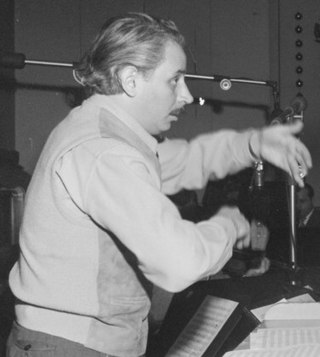
Leonard George Hayton was an American musician, composer, conductor and arranger. Hayton's trademark was a captain's hat, which he always wore at a rakish angle.
Monte Hale was an American B-Western film star and country musician.
Eldon Shamblin was an American guitarist and arranger, particularly important to the development of Western swing music as one of the first electric guitarists in a popular dance band. He was a member of the Strangers during the 1970s and 1980s and was the last surviving member of Bob Wills' band the Texas Playboys.
This is a timeline of music in the United States from 1920 to 1949.
Art Greenhaw is an American musician, record producer and audio engineer who was awarded the Grammy Award in 2003 for the Best Southern, Country or Bluegrass Gospel Album for We Called Him Mr. Gospel Music: The James Blackwood Tribute Album. Additionally, he founded the independent record label, Greenhaw Records.
Leon Norman Hefflin Sr. was a pioneering African-American producer, director, business owner, furniture manufacturer, and entrepreneur. After losing his large and successful manufacturing business in the Depression he rebounded to produce the first and largest outdoor jazz entertainment event of its kind, the "Cavalcade of Jazz," in 1945. Held at Wrigley Field in Los Angeles, it was part of the Central Ave jazz scene, and showcased over 125 artists over 15 years.

Jack Charles Jessup was an American revival preacher and musician. He claimed and was believed by many to have the gift of healing. Through his border blaster radio broadcasts he became well known nationally and at his peak received more than four thousand letters each day, most containing monetary donations. Dogged throughout his ministry by charges of financial and spiritual fraud, his career was ended by a 1968 mail fraud conviction.